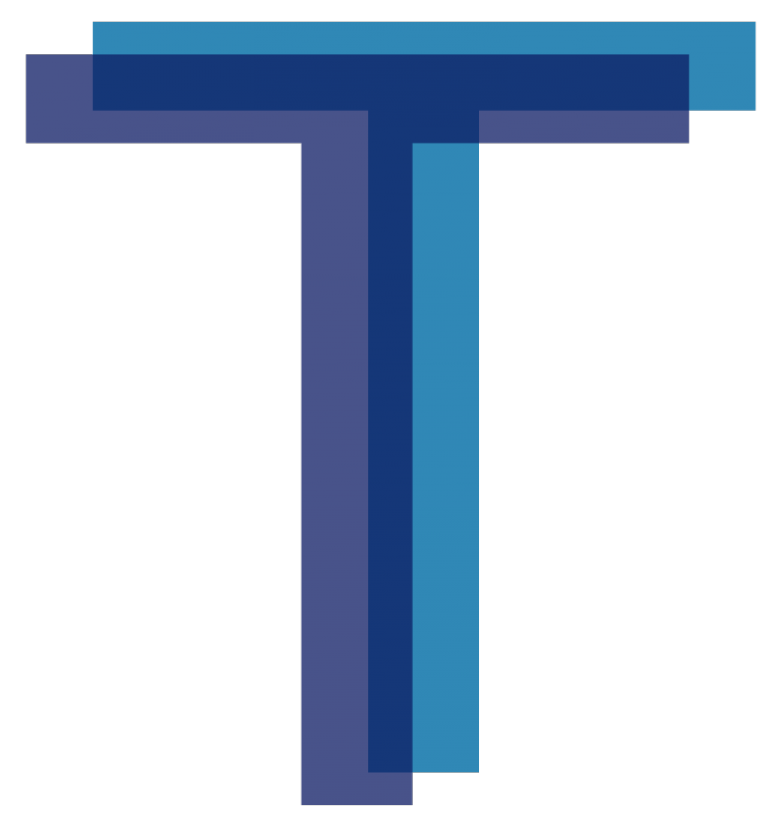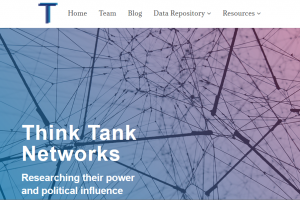Think Tanks and think tank based experts have gained important roles both in policy networks and in the public at large. It is not always clear if a particular think tank is rooted in the academic world, or must be considered close to a political party, an advocacy or commercial organization. Nor can it be taken for granted that the output of a think tank is subject to quality control. Frequently it is also difficult to determine who paid for a particular piece of expertise no matter where the author(s) are based. At the same time the large quantity of think tanks and the easy distribution of expertise from their quarters raise many questions with regard to the relations between science and society. Scholars of science history have so far tackled the changing interplay of researchers and practical men and women due to commercialization and multiplication of organizations involved in knowledge production mainly in the field of natural sciences or engineering. Social scientific think tank research is presently not well prepared to systematically capture and assess the transformation of policy related research and consulting let alone explaining the think tank phenomenon at large. The Think Tank Network Initiative has been founded to close this gap. To this end a wiki database has been developed together with a visualization instrument, individual research tools and the blog, which we start with this article.
The online diary (blog) is expected to frequently, though not necessarily on a regular basis, alert readers to new content of our think tank database (wiki), and to provide information on other research in the subject area. The blog will also highlight all kinds of details related to think tanks and policy related expertise deemed noteworthy. The traffic light instrument of the Freiburg Center for European Policy designed to provide a quick judgement on individual pieces of European legislation is a good example. We will inform readers about recent surveys conducted by members of the think tank network research initiative. You can find an analysis of the climate change positions of party related think tank networks, for example. We also intend to discuss new and remind of older books in the field. We furthermore hope to distribute many calls for papers for panels designed to study think tanks and expert networks. Last but not least we will report about events on think tanks and occasionally from events organized by think tanks.
Contributions to this collective diary will be solicited from all the current and prospective members of the think tank network (research) initiative who will have a lot to contribute due to the ongoing documentation and analysis process. We will also invite guest contributions that fit into the overall profile of the initiative. There will be room for debates. An editorial board will be charged to watch over author compliance with academic and journalistic quality standards. The general aim of the think tank network research initiative is to provide better information on national and transnational networks involved in policy related research, consulting and advocacy, which is more and more backed by think tanks. Citizens already have a hard time to assess a particular institute or piece of expertise at the national level. Even trained professionals like journalists or academics cannot easily keep up with the rapid proliferation of think tanks and the transformation of the landscape of think tanks and experts in and across issue areas and policy fields. This is particularly true at the international level of policy making in the EU and in the orbit of global institutions like the WTO or the World Bank. In many areas of European and globalized political fields we need new instruments to obtain a better overview and sufficient insight in research organizations. Foreign languages, names and organizational relationships prevent the sort of intuitive orientation that guides individuals in their judgment of organizations and studies in their home country or in well known areas. The think tank network initiative wants to provide help. We supply firstly, systematic database information and a deeper analysis of select topics. Secondly, we have developed a tool to visualize think tanks in geographic space (scalable maps) that allows selection according to location, orientation, themes, countries or founding dates. Thirdly, we will develop individualized research tools that will assist readers to develop a better understanding of think tank galaxies and discursive spaces they want to explore on their own. Fourthly, this blog will put up signs serving as markers or light houses, thereby attempting to ease navigation across the site and provide initial information and impulse for further reading and research.
So far only few think tanks have attained a status of prominence. Most of the many larger and smaller institutes still operate in the shadow of the large universities and traditional academic research operations (universities without students) in Germany at least. Though the advance of other think tanks – partisan, party related, advocacy or commercial knowledge processing organizations – in policy related research and consulting is obvious in Germany much like in the UK or Brussels. Many think tanks and much of the output of think tanks are less than spectacular. The contributions of the growing number of experts working in think tanks are interesting nevertheless due to the space offered to experts and expertise in the political process and in the media. If the public is to trust the power of the better argument we have to ask ever more frequently whether sources of expertise are valid and if there is sufficient transparency regarding experts from think tanks. The continuous observation of the borders between research, policy making, the media and interest groups deserves greater attention because science has never been completely independent and the dependencies of scientific efforts are likely to further increase in the present age of a “globalized knowledge society”. If democratization or commercialization will become the dominant feature in the present transformation of policy related knowledge production governance regimes will remain unclear as long as we lack instruments to examine and more clearly determine the rapid organizational change in knowledge production.
The contributions of think tank based research, consulting and advocacy efforts can be considered an important and necessary part of a lively democracy much like the examination of the background and the interrelations of think tanks, which seek to influence policies and the public. Due to the conditions of European and globalized politics new instruments are needed to cope with the resulting research and information needs. This blog, our wiki and the research and visualization tools hopefully will provide a modest contribution to this end. We consider them as a foundation for international research and documentation, which needs to be adequate to the international network dimension of the subject of enquiry, namely the international research, consulting and advocacy or lobby networks. Not least we would like to encourage a broad debate on minimum standards for think tank governance, transparency duties and possibly new rules required to increase both accountability and legitimacy of think tanks and think tank based expert networks. The basis for rules and regulations should be developed by way of conducting independent and critical research on think tanks in the first place, which we advocate with our effort. In this sense of critical research and the principles of organized scepticism we wish us a long life and many interesting contributions to this think tank diary.
Dieter Plehwe, Werner Krämer, Matthias Schlögl


